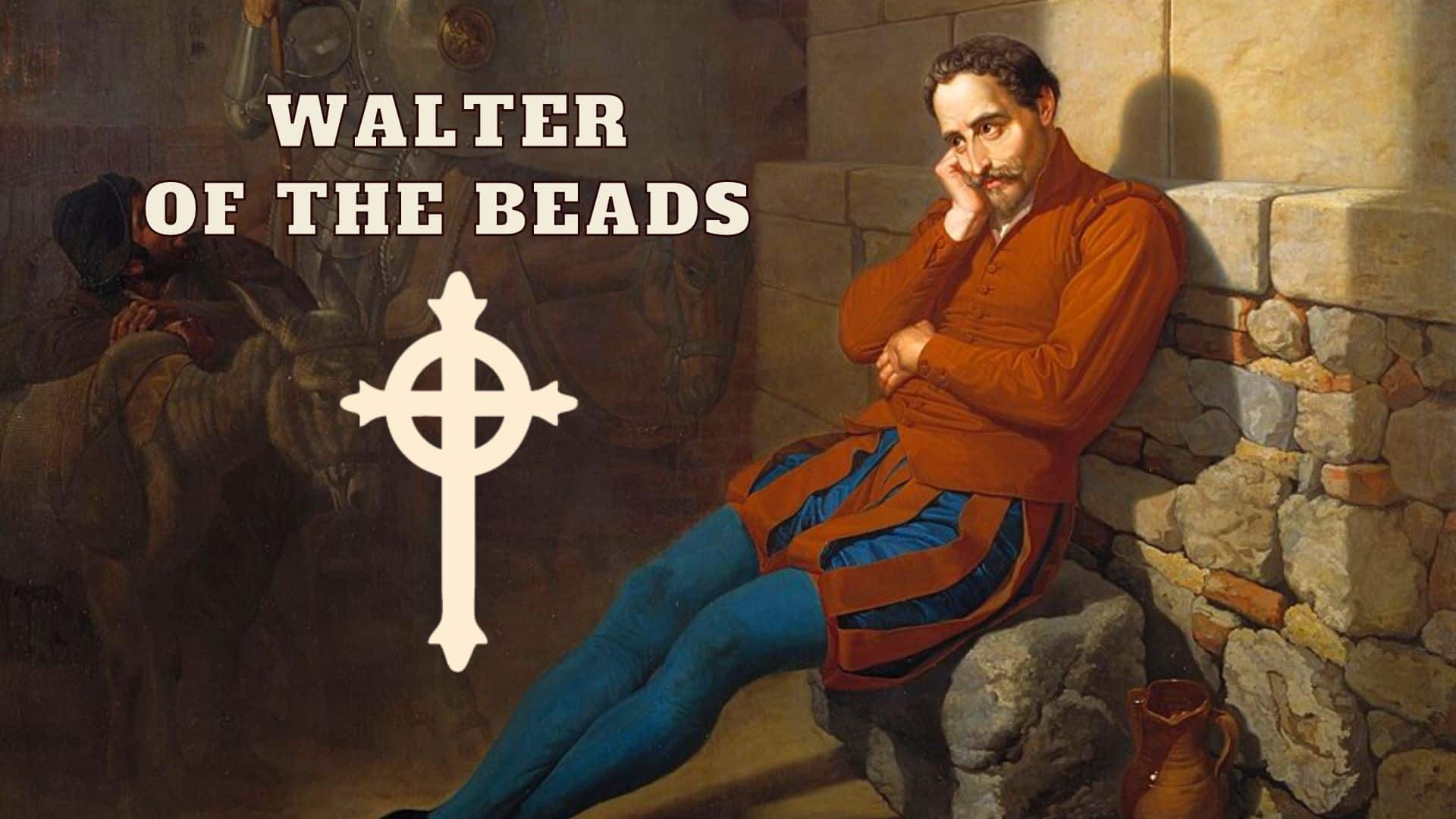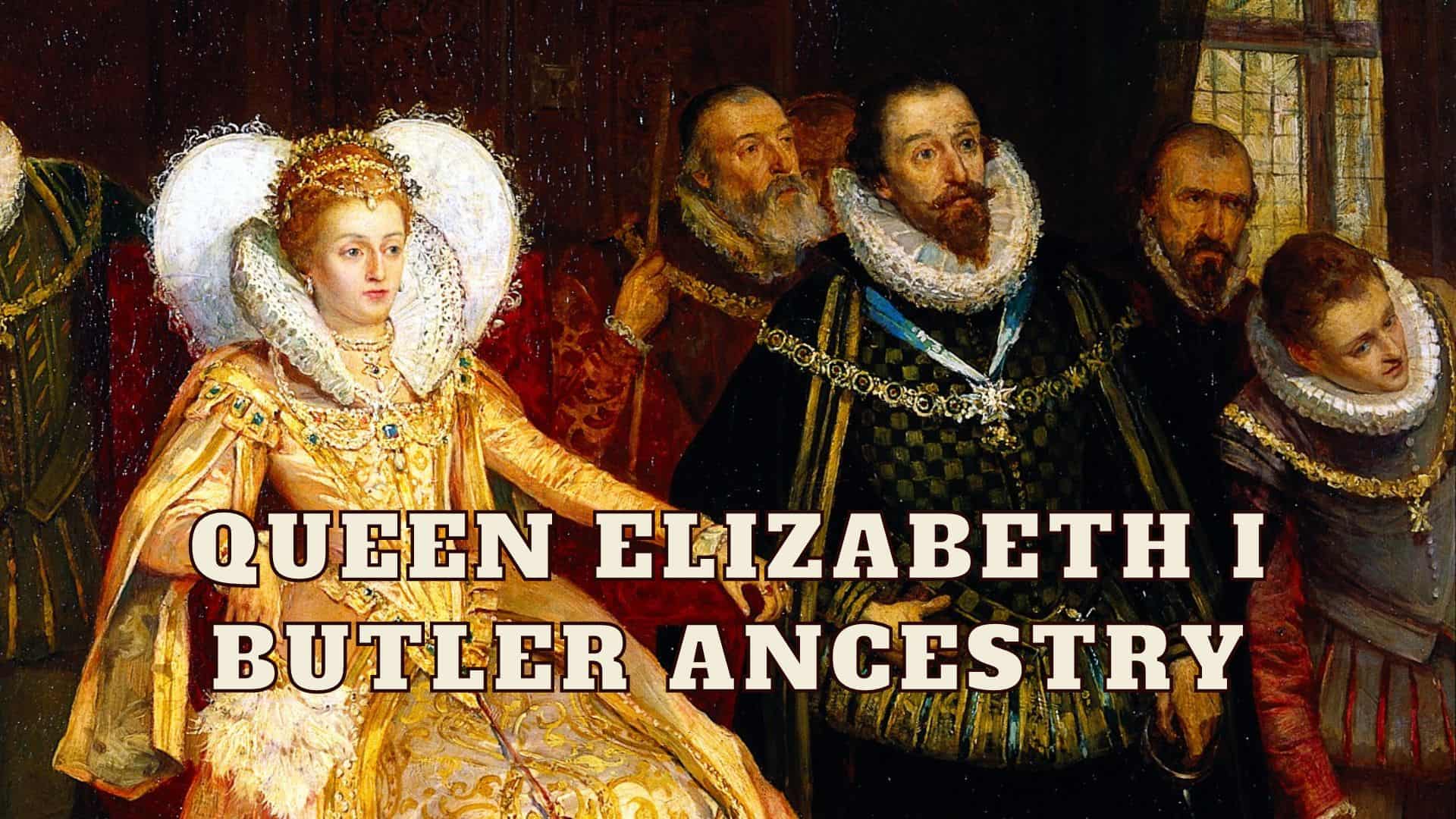Eight Counties in the United States Are Named After Butlers
People with the Butler last name have made significant contributions to America. These contributions have resulted in eight counties naming themselves after Butlers:
- Butler County, Alabama
- Butler County, Iowa
- Butler County, Kansas
- Butler County, Kentucky
- Butler County, Missouri
- Butler County, Nebraska
- Butler County, Ohio
- Butler County, Pennsylvania
Butler County, Alabama

Butler County, Alabama is named after Captain William Butler (1759-1818), a militia leader that fought in the area.
William was born in Louisa, Virginia, and eventually settled in Georgia. He served in the Georgia State Senate representing Jones County in 1810 and again in 1814.
During the Creek War, William led a company of volunteers at the Battle of Calebee Creek under General John Floyd. On March 20, 1818, he was killed by Savannah Jack and Creek warriors in present-day Butler Springs, Alabama on his way to Fort Dale.
In 1796, William married Charity Garrett (abt 1771-abt 1855) in Hancock, Georgia. They had six children.

Butler County, Alabama is the birthplace of Hank Williams Sr. The county was known as the “Saratoga of South Alabama” for mineral waters similar to those found in Saratoga Springs, New York.
Butler County, Iowa
Butler County, Missouri

Butler County, Iowa, and Butler County, Missouri are named after General William Orlando Butler (1791-1880).
William was the son of Percival Butler, one of the Fighting Butlers. He was born in Jessamine County, Kentucky, and graduated from Transylvania University.
When the war of 1812 broke out, William joined the fight against the British and Indians. During the Battle of the Thames, he volunteered to set a barn on fire that was occupied by the enemy. When he succeeded, he was promoted to the rank of Colonel for his bravery. He went on to fight in the Battle of New Orleans where he assisted Andrew Jackson and was second-in-command to Zachary Taylor during the Battle of Monterrey in the Mexican-American War. When he returned home, the Kentucky legislature and the U.S. Congress awarded him presentation swords for his gallantry.
As a politician, William served in the Kentucky House of Representatives; represented Kentucky as a congressman from 1839 to 1843; and was the Democratic candidate for Vice President of the United States in 1848 with Lewis Cass at the top of the ticket. The Cass-Butler ticket was defeated by Whig candidates Zachary Taylor and Millard Fillmore.
Later in his career, President Franklin Pierce offered William the governorship of the Nebraska Territory, but he turned it down. Leading up to the Civil War, he participated in the Peace Conference of 1861 which tried to avoid the secession of the slave states. When it became apparent that war was inevitable, he supported the Union.
William was married to Eliza A. Todd (1796-1863), but they did not have children.
In addition to the counties named after him, several towns are named in honor of William Orlando Butler: Butler, Georgia (Taylor County); Butler Kentucky (Pendleton County); Butler, Missouri (Bates County); and Butler Township, Pennsylvania (Schuylkill County). General Butler State Resort Park near Carrollton, Kentucky also bears his name.

William was the author of a book of poetry titled The Boatman’s Horn and Other Poems.
Butler County, Kansas

Butler County, Kansas is named after Andrew Pickens Butler (1796-1857), a United States Senator from South Carolina and long-time chairman of the Senate Judiciary Committee.
Educated as a lawyer, Andrew was elected to the South Carolina House of Representatives and the South Carolina Senate. After election to his third term in the state senate, he was appointed as a judge to the session court followed by an appointment to the South Carolina Court of Common Pleas.
Andrew entered the United States Senate in 1846. In 1854, he co-authored the Kansas-Nebraska Act with Stephen Douglas, a senator from Illinois. The Act was designed to allow the country to expand west and created the territories of Kansas and Nebraska. But, there was a catch. To gain Southern support, it repealed the Compromise of 1820 that outlawed slavery in those territories by allowing the residents of Kansas and Nebraska the right to choose whether or not they wanted slavery. The Act was passed by the 33rd United States Congress and signed into law by President Franklin Pierce.
Unfortunately, allowing the residents of Kansas and Nebraska to self-determine on the issue of slavery resulted in one of the greatest incidences of political violence in American history. Senator Charles Sumner of Massachusetts had a long-running feud going on with Andrew and his championing of the Kansas-Nebraska Act sent Sumner into a rage. Sumner made a speech entitled “The Crime against Kansas” which personally attacked and mocked Andrew. Andrew wasn’t around to hear that speech, but a Butler cousin, Preston Brooks, was. Brooks decided to avenge Andrew by caning Sumner on the floor of the Senate, which prevented Sumner from returning to work for three years.
Andrew’s first wife, Susan Anne Simkins, died just months after their marriage. In 1832, he married Rebecca Harriet Hayne (1811-1834) and they had one daughter before Harriet’s death two years later.

Andrew’s Kansas-Nebraska Act means a Butler helped establish the states of Kansas and Nebraska.
In 2002, MaxMind, a digital mapping company, accidentally made a farmstead in Butler county the default site of 600 million IP addresses. The bewildered 82-year-old farmstead owner was swarmed by the FBI, IRS, and others looking for cybercriminals.
Butler County, Nebraska

The Butler surname has a rich history in Nebraska. Senator Andrew Pickens Butler helped establish Kansas and Nebraska by co-authoring the Kansas-Nebraska Act in 1854; General William Orlando Butler was offered the governorship of the Territory of Nebraska by President Franklin Pierce in 1855, but turned it down; and David Butler was elected the first governor of Nebraska in 1866. Many historians believe that Butler County, Nebraska is named after David.
David Christy Butler (1829-1891) was born near Linton, Indiana, and was the eldest of the 10 children in his family. He moved to Pawnee City, Nebraska in 1858 and made his living trading cattle until he was elected to the Nebraska Territorial House of Representatives in 1861. His political star continued to rise as a member of the Nebraska Territorial Council and he was elected governor in 1866.
As governor, David played an instrumental role in promoting the Union Pacific railroad and creating incentives for immigration to Nebraska. He also moved the state’s capital from Omaha to Lincoln ushering in a building boom that included the University of Nebraska-Lincoln campus.
In 1871, shortly after being elected for a third term as governor, David was impeached and removed from office for misappropriation of state funds. The Nebraska State Legislature reviewed their impeachment decision several years later and expunged his record paving the way for a return to politics. He was elected to the Nebraska State Senate in 1882 but was unsuccessful in his bid for a fourth term as governor in 1888.
David married twice. His first wife was Mary Paulina Smith. In 1860, he married his second wife, Lydia Story (1837-1918), and they had eight children.

David was governor of Nebraska when it was granted statehood in 1867.
Butler County, Kentucky
Butler County, Ohio
Butler County, Pennsylvania

Butler County, Kentucky, Butler County Ohio, and Butler County, Pennsylvania are named after Major General Richard Butler (1743-1791).
Born to Irish immigrants Thomas and Eleanor (Parker) Butler, Richard was the eldest of five brothers known as the Fighting Butlers. His father, a gunsmith, was the chief armorer responsible for manufacturing and repairing weapons for battles with the British.
Richard left his family home in Carlisle, Pennsylvania to join the Continental Army. He fought in critical battles of the American Revolution, including the Battle of Saratoga (1777); Battle of Monmouth (1778); Battle of Spencer’s Ordinary (1781); and Battle of Yorktown (1781). In 1783, he was made Brigadier General.
Following the war, the Confederation Congress put Richard in charge of negotiating treaties with the Indians of the Northwest Territory. He negotiated the Treaty of Fort Stanwix in 1784 and the Treaty of Fort McIntosh in 1785.
Richard eventually returned to Pennsylvania, became a judge in Allegheny County, and served in the state legislature. In 1791, he was conscripted back into military service as a major general to fight against the Western Confederacy of Native Americans. He was killed on the battlefield during St. Clair’s defeat (also known as the Battle of the Wabash) near present-day Fort Recovery, Ohio.
Richard had four children with his wife, Mary (Maria) Smith (about 1747-1824), and a son, Tamanatha, with Shawnee chief Nonhelema (about 1718-1786). Shortly after his death, Mary received a personal letter from George Washington offering his condolences.
In addition to the counties named after him, the city of Butler, Pennsylvania in Butler County, and the General Richard Butler Bridge, also located in Butler, is named in his honor.

Nonhelema, the mother of Richard’s son Tamanatha, was reported to be 6 feet, 6 inches tall. 2) Richard and his son Tamanatha fought on opposing sides.
Primary Sources:
- Captain William Butler:
- Hoskins Morton, P., 2022. Butler County. [online] Encyclopedia of Alabama.
- Alabamahistory. (n.d.). alabamahistory.
- General William Orlando Butler:
- United States Presidential Election Of 1848 | Results, History, & Facts. (n.d.). Encyclopedia Britannica.
- History, Art & Archives, U.S. House of Representatives, “BUTLER, William Orlando.”
- Senator Andrew Pickens Butler:
- Butler, Andrew Pickens – South Carolina Encyclopedia. (2001, March 1).
- Weinberger, M. (2016, April 10). This Company Made a Decision In 2002 That’s Making Life Miserable for an 82-year-old Woman And Her Kansas Farm | Business Insider India.
- Governor David Christy Butler:
- Butler County History. (n.d.). Butler County History.
- Archives Record, Butler County, Nebraska (1854-1979).
- Major General Richard Butler:
- General Richard Butler – Butler County Historical Society.
- Founders Online: From George Washington To Mary Butler, 6 January 1792.













